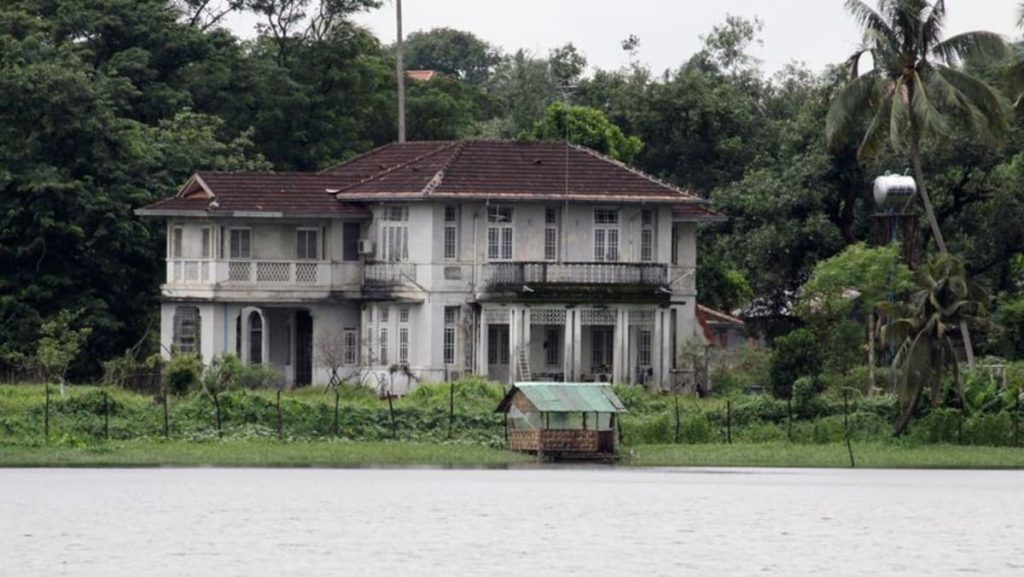period of legal battles over ownership. Suu Kyi, a Nobel Peace Prize laureate, lived in the mansion from 1988 to 2010, mostly under house arrest as she was a vocal critic of the military junta ruling the country at the time.
The decision to auction off Suu Kyi’s former home sparked controversy and criticism among her supporters, who viewed it as a misguided attempt to erase her legacy. Some speculated that the lack of bids may have been a deliberate act of defiance by those who oppose the current government led by the military-backed party.
The mansion, located in the upscale Bahan township of Yangon, has historic significance as a symbol of Suu Kyi’s struggle for democracy and human rights in Myanmar. It served as a focal point for pro-democracy activists and supporters during her years of confinement, with crowds gathering outside to show their solidarity with her cause.
Despite the failed auction, the fate of Suu Kyi’s former residence remains uncertain as legal disputes continue over its ownership. The house is currently claimed by a businessman who says he bought it from the military government in 2009, but Suu Kyi’s supporters argue that it rightfully belongs to her family.
The latest developments surrounding Suu Kyi’s house reflect the ongoing political turmoil in Myanmar, as the country grapples with a military coup that took place in February 2021. The military, led by General Min Aung Hlaing, seized power and detained Suu Kyi and other elected officials, sparking widespread protests and international condemnation.
As the situation in Myanmar continues to evolve, the fate of Suu Kyi’s former residence serves as a reminder of the challenges facing the country’s democratic movement. The legacy of Suu Kyi, who remains a revered figure in Myanmar despite her fall from grace in recent years, continues to inspire hope and resilience among those who strive for a more democratic and inclusive society.


